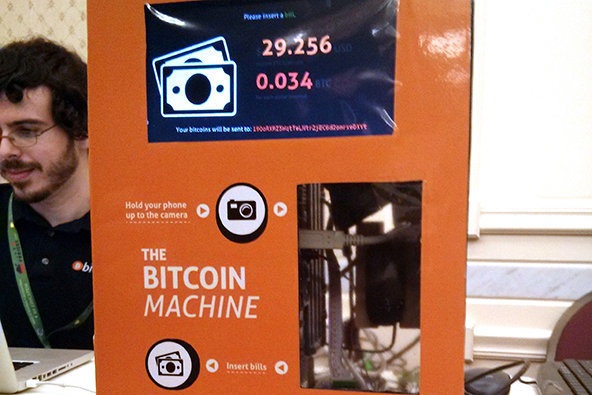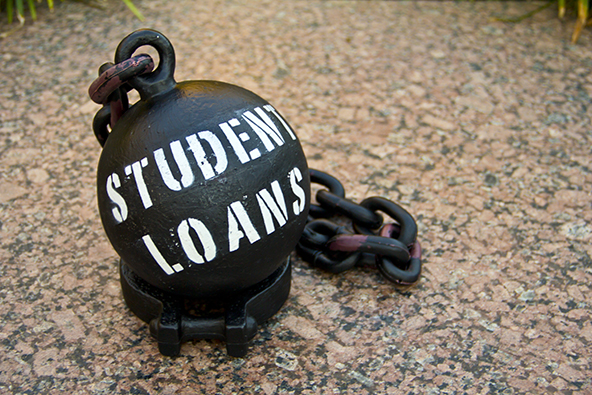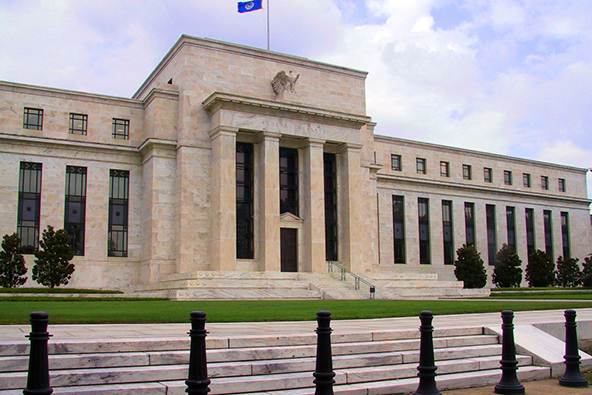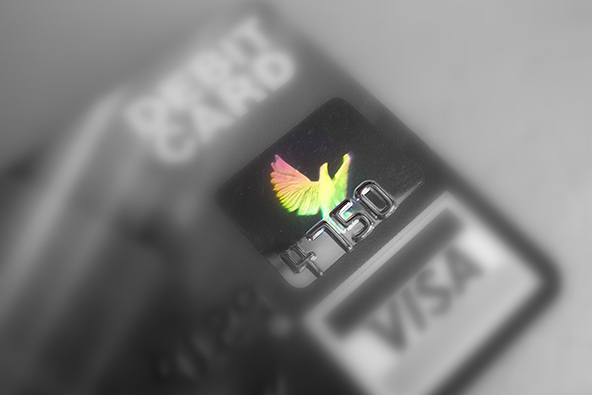More on Bitcoin’s Viability as a Currency and Its E-Commerce Prospects

The irreversibility of Bitcoin transactions is something I’ve been meaning to address ever since I first read about it being billed as one of the new digital currency’s biggest advantages over credit card payments processed in old-fashioned dollars, euros or some other soon-to-be-extinct medium of exchange. I guess the reason I’ve managed to completely ignore the topic in my previous Bitcoin posts is that I was even more interested in assessing Bitcoin’s viability as a currency in the first place. Well, having established no “logical case in favor of Bitcoin”, but still expecting that “the currency’s main champions will remain unequivocally behind it”, I can now move on to address the reversibility issue.
So here it is. If Bitcoin’s virtual universe survives the unwelcome attention of the Department of Homeland Security and the countless other agents of various governments around the world that are bound to pursue their own investigations in the months to come — and it’s a big “if” — its structure will end up closely resembling the existing credit card processing systems. Considering that the credit card companies doubtless belong squarely to the very clique of evil-doers, which also includes the likes of central bankers and politicians, whose shackles Bitcoin’s creators aimed to shatter, that must be a highly unpleasant prospect for them. Yet, unpleasant as such a prospect may be, it is also inevitable that it would materialize and the Bitcoin crowd should better start preparing for it. Chargebacks present a perfect case in point.
Why Do Chargebacks Exist?
On this blog, we’ve written more about chargebacks than we have about any other subject. Chargebacks are the scourge of e-commerce businesses, especially of the high-risk variety, a conundrum many are unable to solve. But why do they exist? Why would we not simply do away with the troublesome concept, as the Bitcoin crowd has done, and live happily ever after? True, if we did that, the concept of “high-risk” would become largely meaningless and the First Datas and Chase Paymentechs of the world would finally be able to serve the types of businesses that make up UniBul’s core client base — the likes of online tech support providers, high-volume international telemarketers, nutraceutical websites, etc. — pushing us out of business as they go. Yet, it is not UniBul who is keeping the chargeback flame alive (then again, I wouldn’t admit it if we were, would I?). You see, chargebacks help keep merchants honest.
A chargeback is the end result of a legitimate customer dispute regarding a given credit card transaction. Non-legitimate, frivolous, disputes are rejected before they deteriorate into chargebacks. Now, a legitimate dispute may still be adjudicated in the merchant’s favor — and against the cardholder who filed it — but even then it is added to the total number of charged-back transactions for a given month which is the numerator of the chargeback fraction (the total number of monthly transactions is the denominator). This is a point most merchants have trouble understanding, so let me repeat it. Whether or not you won a dispute a customer had filed with your processor (through the card issuer), the chargeback that had resulted from it would still count against you.
That being the case, merchants, especially those operating in the high-risk end of the spectrum, are forced to do their best to keep their customers happy. And you know what, this is precisely what they should be doing whether or not the concept of chargebacks existed. However, people being what we are, we often need an external stimulus to force us to do the right thing and chargebacks are a perfect case in point. But what would happen if that “external stimulus” were removed, as is the case with Bitcoin transactions?
Why Bitcoin Transactions Will Become Reversible
OK, so what would happen if Bitcoin managed to overcome the legal challenges it is now beginning to confront — and again, this is a big “if” — and an increasing number of merchants started to offer it as a form of payment? By the way, let me clarify that in my hypothetical scenario by “Bitcoin” I refer solely to the payment processors which facilitate Bitcoin transactions — unlike old-fashioned payment service providers like UniBul, Bitcoin processors are not answerable to centralized authorities like Visa, MasterCard or their acquiring banks. This new digital-currency world is indeed much simpler than the one in which UniBul operates. Well, as Bitcoin transactions began to increase, so would the number of customer complaints — that is as certain to occur as it is that night follows day. However, as Bitcoin transactions are irreversible, these complaints would fall on deaf ears and would be summarily ignored by the merchants and their processors. That, the Bitcoin crowd tells us, would be the end of it. And, lest I be accused of mischaracterizing the Bitcoin guys’ stand on transaction reversibility, here is a fairly representative statement on the subject taken out of a press release-like American Banker piece about a Bitcoin processor’s latest round of fundraising:
The decentralized Bitcoin network appeals to some retailers, mostly online merchants, as a way to avoid interchange fees and the risk of chargebacks (like cash transactions, Bitcoin payments are irreversible).
Now, here is a question for you: for how long do you believe such a status quo would last? Does anyone seriously believe that after (and it’s a question of “when”, not “if”) some rogue merchant defrauds hundreds or thousands of American consumers who would then promptly voice their displeasure to the applicable U.S. authorities, said authorities would choose to stand idly by, because, well, that is how Bitcoin operates and everyone knew what they were getting themselves into? If you believe that, I have a bridge to sell you. In the world we live in, it would take far less than the actions of a rogue merchant to spur the authorities into action. Never mind, they already are acting, even before anyone has managed to complain.
The Takeaway
So it is absolutely clear to me that Bitcoin transactions, whether or not the digital currency is ever adopted on a sufficiently large scale, will become much like the very credit card payments which the new medium of exchange is supposed to improve on. First the Department of Homeland Security and its counterparts around the world will force Bitcoin processors to ensure that only merchants selling legal things can accept the currency for payment. Then the processors will be forced to ensure that their merchants keep customer complaints and chargebacks low — and credit card rules offer a ready template to copy. When the dust settles, Bitcoin payments will be indistinguishable from the credit card variety — that is if anyone still uses the digital currency. So what’s the point?
Image credit: Wikimedia Commons.


